📸 Museveni breaks ground for Buganda clan leaders' house
I’m very happy to support Bataka. We shall organise the sh58 billion needed for the construction of Lwattamu House, and I will send the UPDF Construction Brigade to carry out the work,” said the President at the commissioning of the project on Friday.
The president stressed the value of clan systems, both in maintaining cultural identity and promoting genetic diversity through inter-clan marriages. (Credit: Eddie Ssejjoba)
MENGO - President Yoweri Museveni on Friday, July 25, officiated at the groundbreaking ceremony for the construction of the six-storey Lwattamu House at Mengo in Kampala, which will serve as the Embuga y’Abataka (traditional headquarters for Buganda clan leaders).
The project, spearheaded by the Bataka (clan heads) of Buganda, is part of a broader initiative to support cultural institutions and promote national unity.
The 6-floor complex will be constructed on 2.7 acres near the Lubiri in Mengo.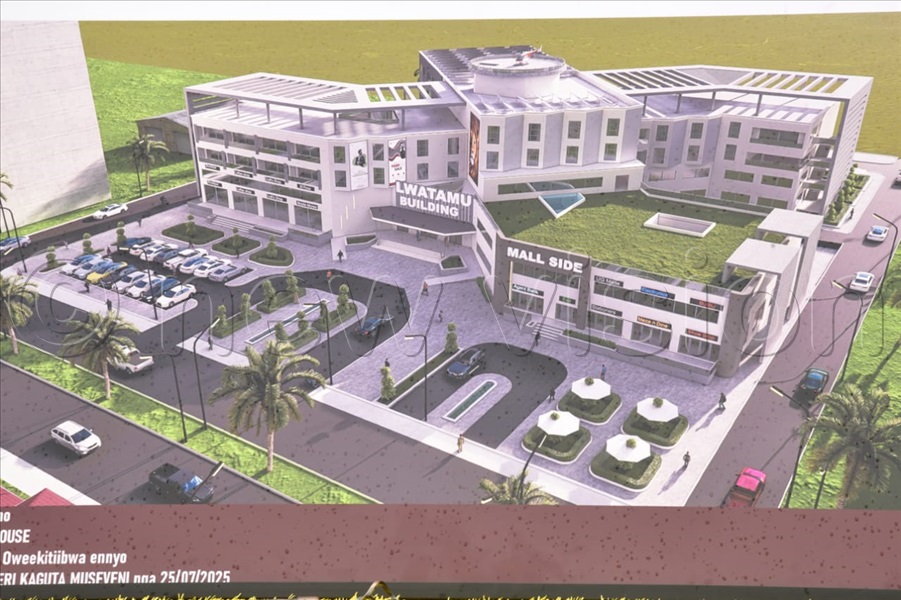
The 6-floor complex will be constructed on 2.7 acres near the Lubiri in Mengo. (All Photos by Eddie Ssejjoba)
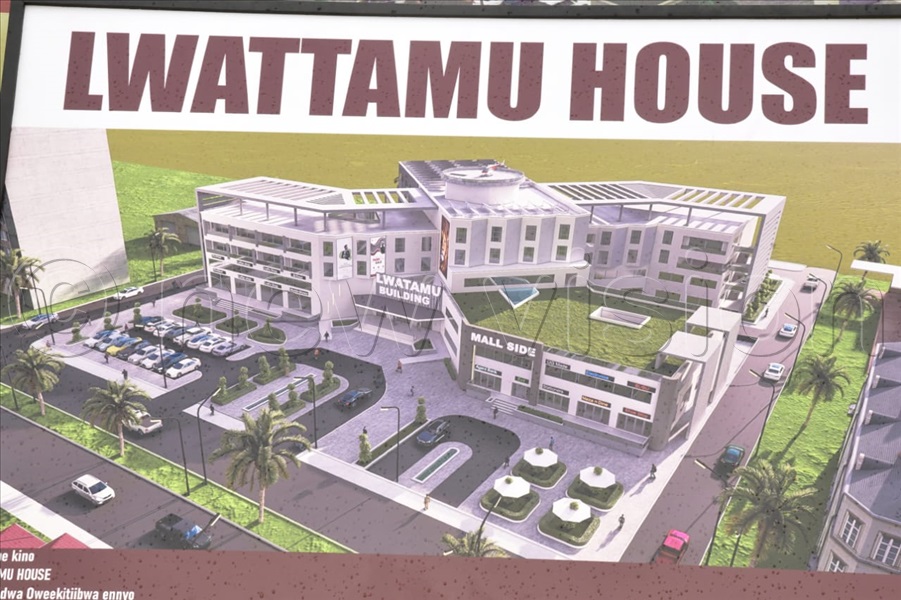
According to a release from the Presidential Press Unit PPU, President Museveni purchased the prime land for sh9.7b as part of a pledge made during a June 8, 2024, meeting with the Bataka at State House, Entebbe.
I’m very happy to support Bataka. We shall organise the sh58 billion needed for the construction of Lwattamu House, and I will send the UPDF Construction Brigade to carry out the work,” said the President at the commissioning of the project on Friday.
The building will house 52 offices for clan leaders, business and banking halls, a museum, conference rooms, and lodging facilities, among other income-generating initiatives. Completion is expected within three years.
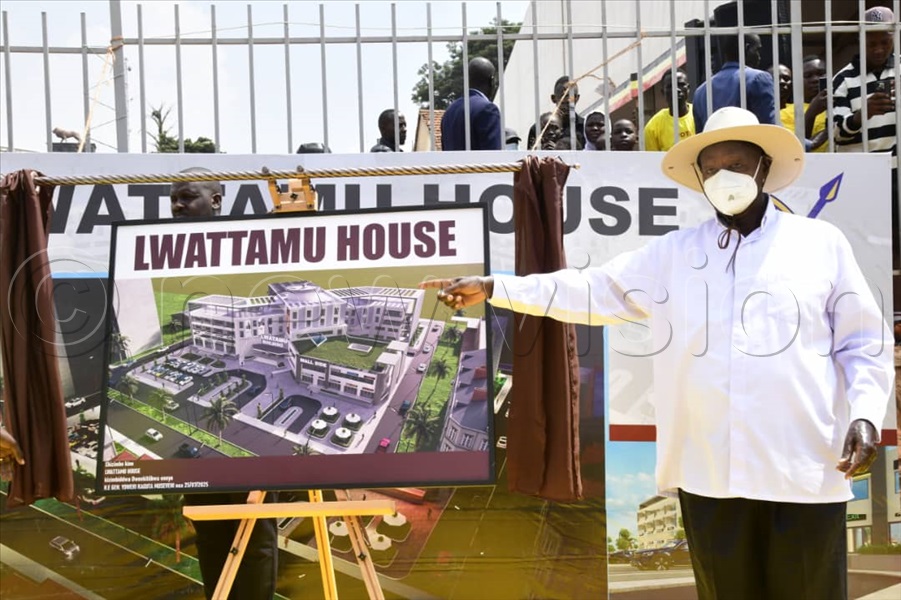
The building will house 52 offices for clan leaders, business and banking halls, a museum, conference rooms, and lodging facilities, among other income-generating initiatives. Completion is expected within three years.
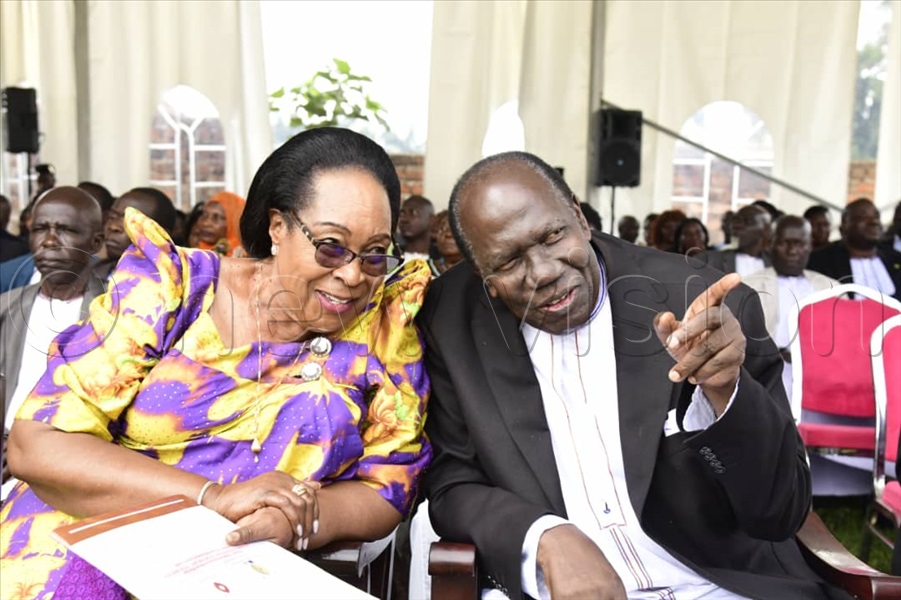
At the event which attracted a big group of Bataka, President Museveni also recalled his decades-long relationship with the Buganda Kingdom, tracing it back to 1981 when he met Kabaka Ronald Muwenda Mutebi in London.
“As you know, I’m very much part of this system here. I met my young brother, Kabaka Mutebi, in London in 1981 while on a mission to see Gaddafi. I told him that I saw no problem if we’re clear on who can do what between us—the new forces—and the traditionalists,” President Museveni said.
He recounted his advocacy for traditional institutions, even during the liberation struggle, recalling how he persuaded the National Resistance Army’s council in Gulu to embrace cultural structures rather than oppose them.
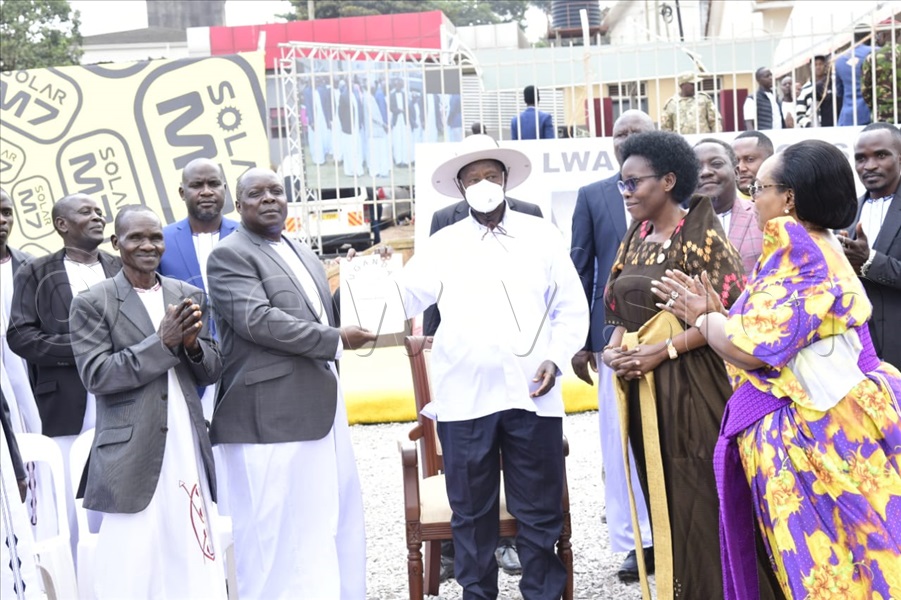
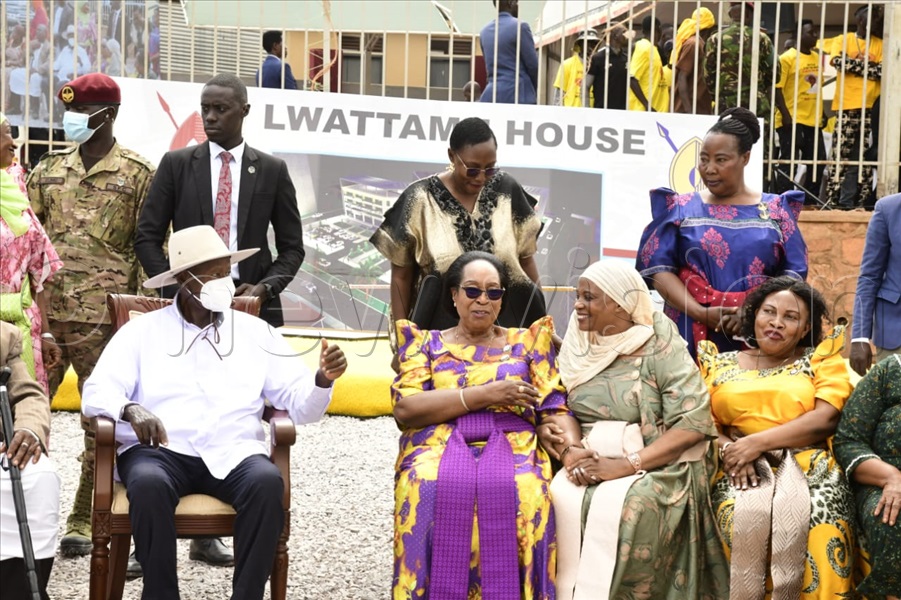
“When we were fighting against Idi Amin and Obote, there were Bataka who stood with us, such as Kezrone Ssonko in Luwero, the Balangira, and the Bambejja. Before I went to the bush, I visited Omumbejja Nalinya Ndagire in Lubaga and Omulangira Badru Kakungulu in Kibuli,” Museveni recalled.
The President reflected on the 1900 Buganda Agreement and how the Bataka were marginalised by colonial policies. He emphasised that restoring kingdoms in the 1990s should have gone hand-in-hand with reintegrating clan leadership into the cultural fabric of Uganda.
At the event, the President commended Joyce Nabbosa Ssebugwawo, the Minister of State for ICT, for what he described as her instrumental role in bridging the gap between Bataka and the central government.
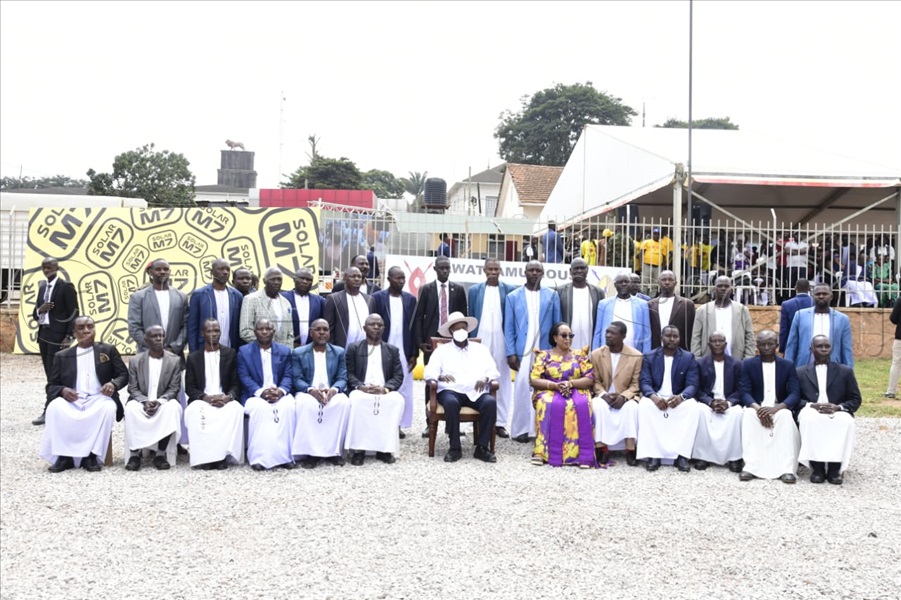
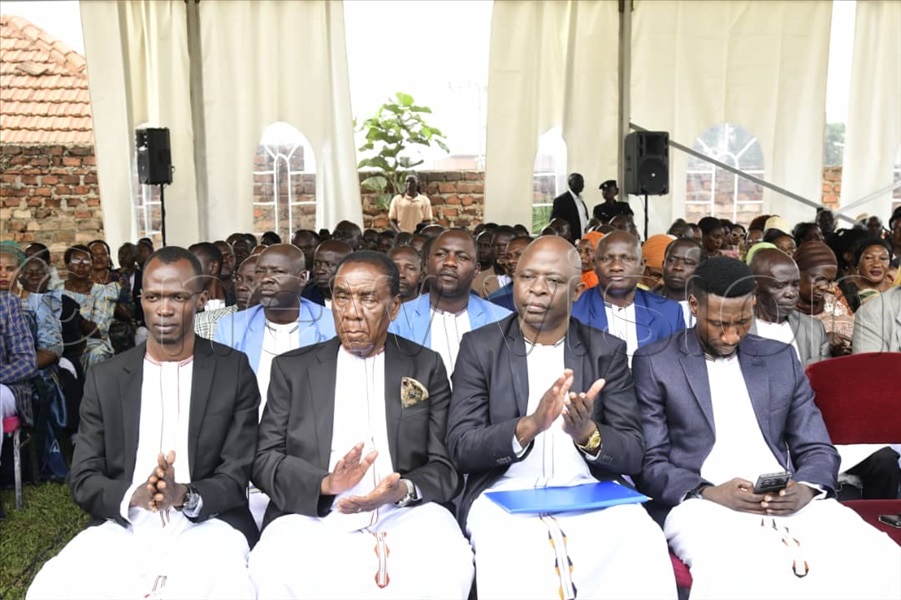
“My sister, Nabbosa Ssebugwawo, told me about the Bataka among them Omutaka Kibaale Nadduli, Omutaka Namuguzi, and Omutaka Kaita, whom I’ve known well. The clan leaders are the bedrock of tradition, whether or not you have kings. Like in Karamoja and Ankole, there are no kings, but clan heads are active,” he noted.
He stressed the value of clan systems, both in maintaining cultural identity and promoting genetic diversity through inter-clan marriages.
“Part of our strength as Africans is our culture and our genetics. Clan structures discourage inbreeding and promote diversity. While the government builds roads and electricity, who are preserving our genetics and languages? Clan leaders play that vital role,” he said.
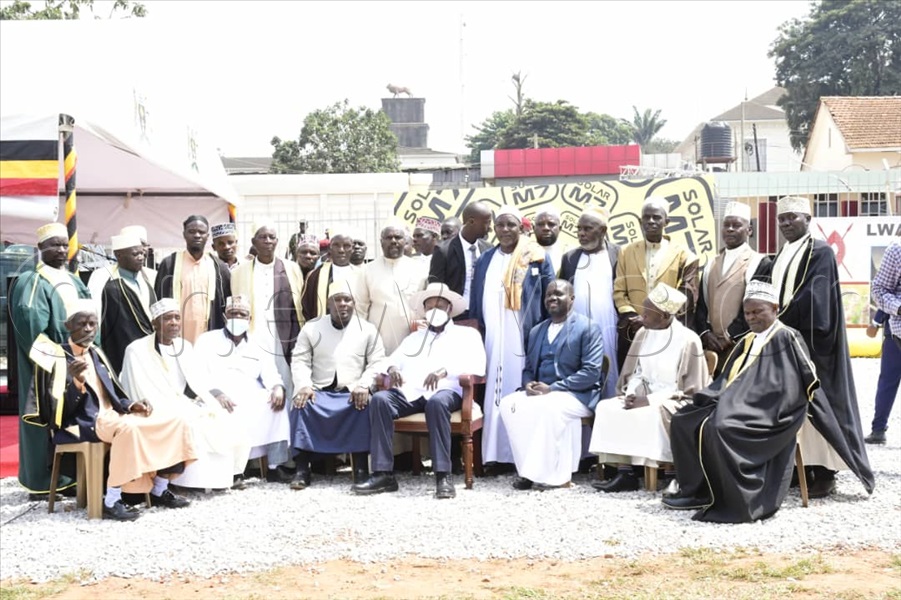
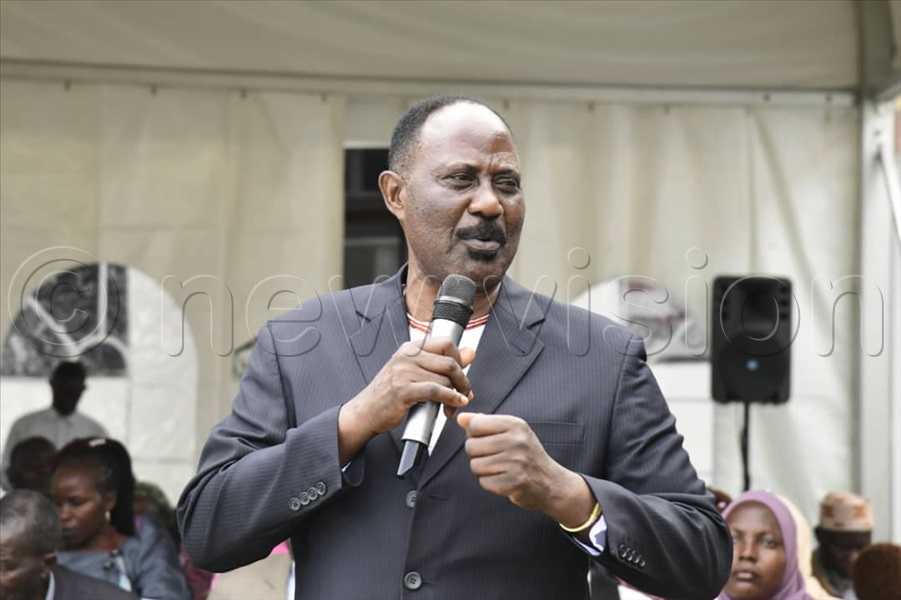
“I’m happy to see Abalangira abakozi because I’m also a Mulangira Ssewava—but I’m also working. We must use culture, not for exclusion, but as a force of unity, identity, and development,” he said.
At the ceremony, President Museveni pledged financial and logistical support initiatives aimed at empowering the Bataka, which included:
sh58b for the construction of Lwattamu House, sh100m donation to the Bataka Mutindo SACCO (with over 700 members), sh22m cash donation to support a retreat for Balangira and Bambejja.
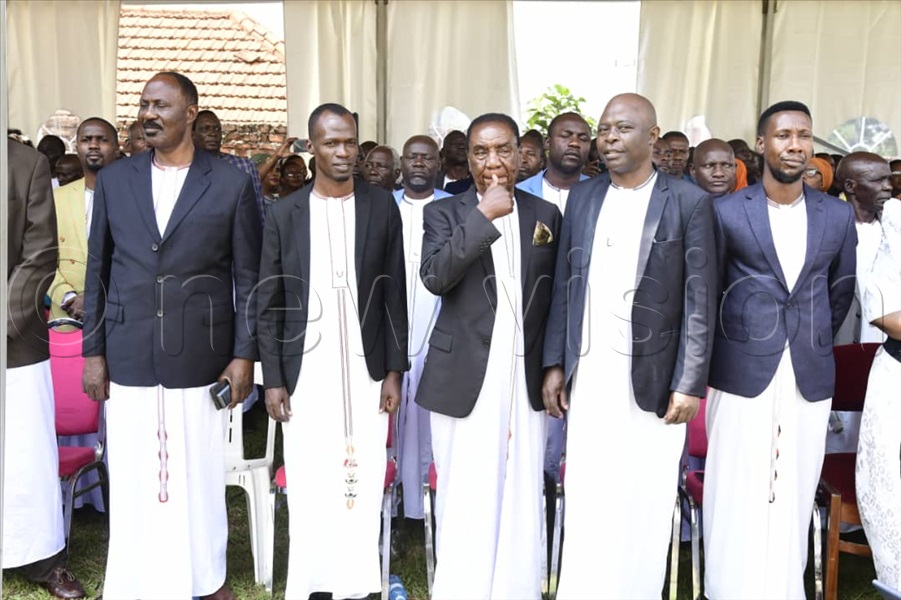
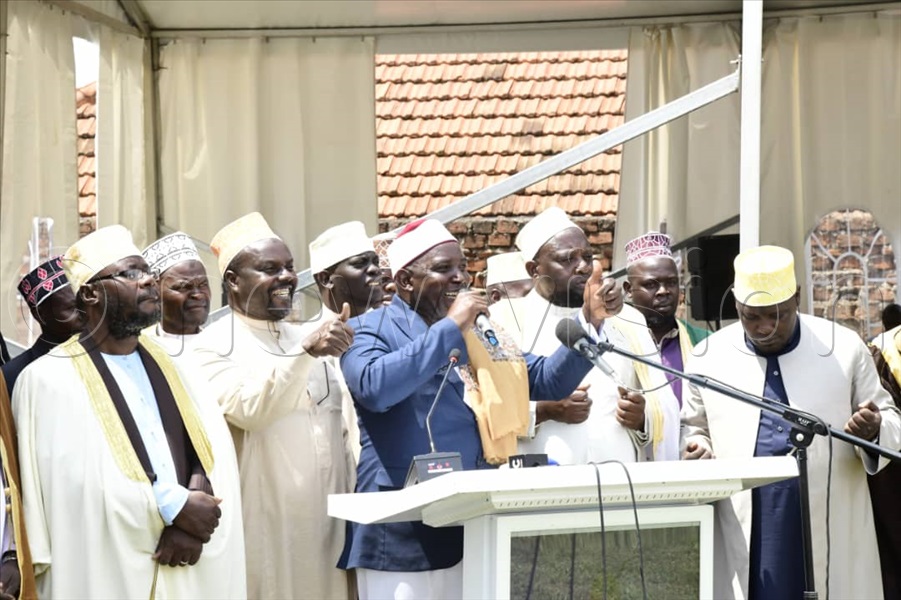
The President also promised to: buy land for Bataka to establish a goat farming project in Nakasongola district, provide a means of transport for the Bataka and assign a team to assess needs for renovation of the Masiro (ancestral tombs) in Wakiso.
According to different records, Buganda holds several other important royal tombs, namely: Wamala Tombs in Wakiso, which is the burial place Kabaka Suuna II, Bamunanika Tombs in Luweero District, plus, Nabulagala and Masaja Sites containing tombs of other royals, princesses.
The head of the Nvuma clan, Omutaka Kyaddondo Kasirye Mbag’elamula, expressed deep gratitude to the President for what he described as unprecedented direct support to the Bataka.
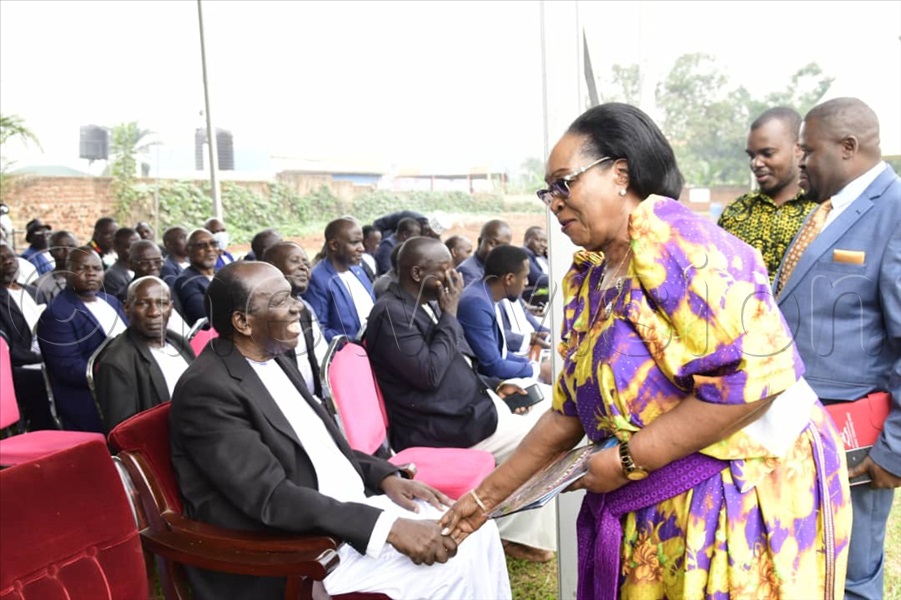
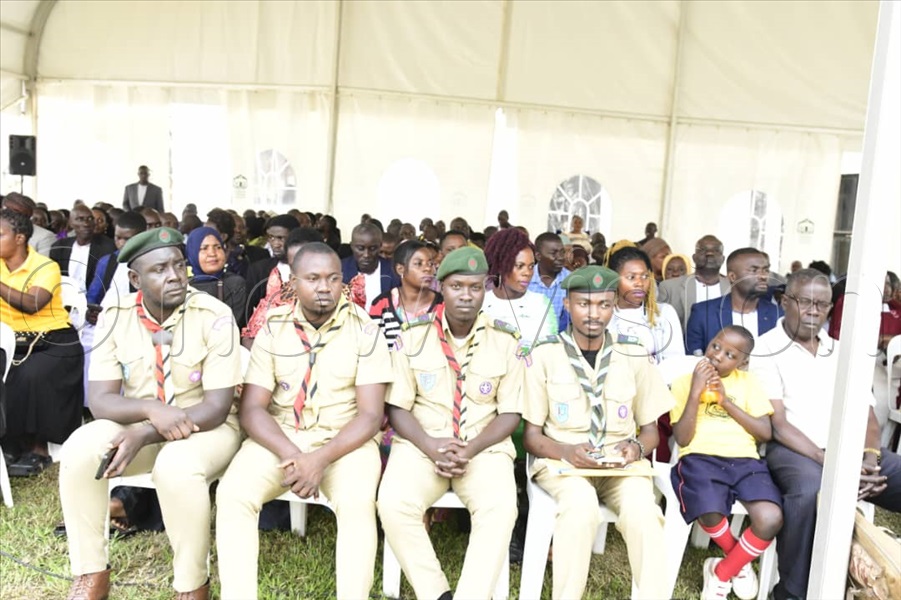
“No President has ever supported us directly apart from you. Your purchase of land at Mengo and backing for the Lwattamu House project is historic. This will be remembered by generations,” said Kasirye.
He also thanked President Museveni for the Shs 200 million previously donated to the Bataka SACCO.
The ceremony attracted several top government officials and cultural leaders, including a big group of clan heads.
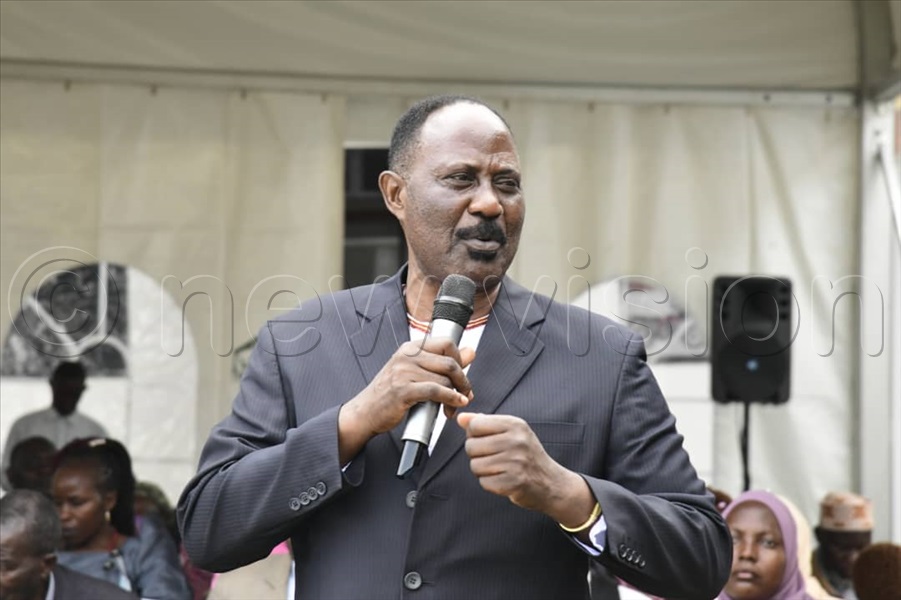
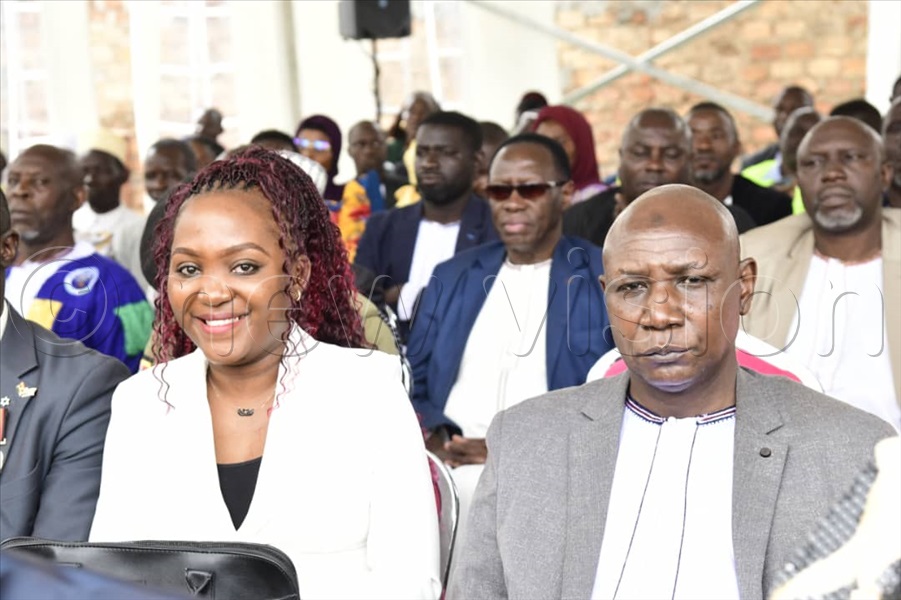
Three cabinet ministers attended the events, namely: Babirye Milly Babalanda (Minister for Presidency), Hajat Minsa Kabanda (Minister for Kampala Capital City and Metropolitan Affairs), and Judith Nabakooba (Minister for Lands, Housing and Urban Development).
Eng. J.B. Walusimbi, the former Katikkiro of Buganda, Eng. Dr. Fred Kateregga (Deputy Ssaabalangira) and Princess Ndege Teyeggala Hawa were among the dignitaries at the Lwattamu House commissioning.